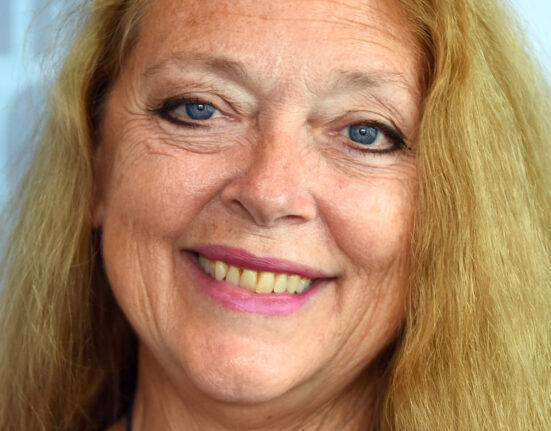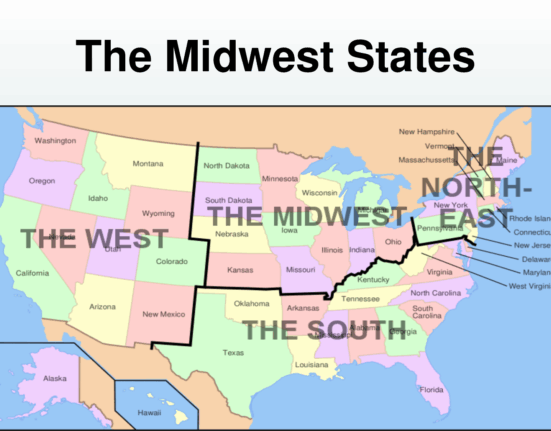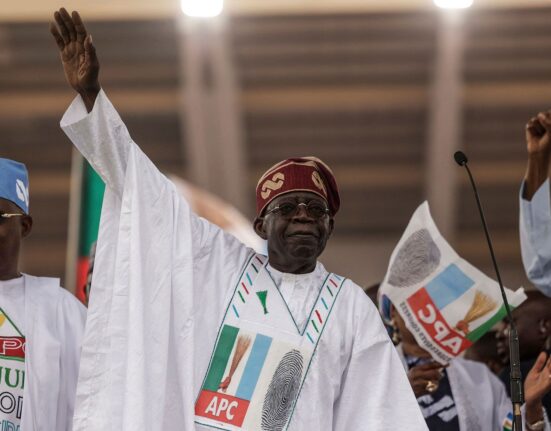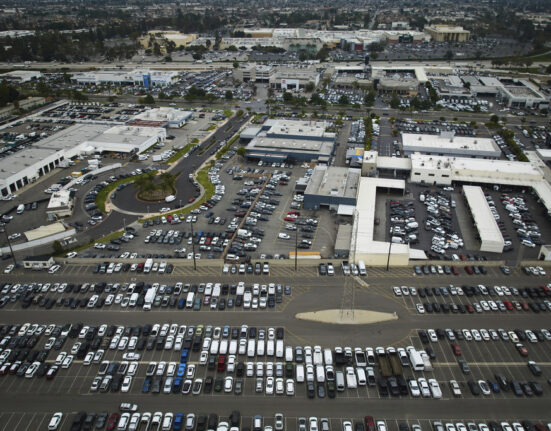When it comes to combatting climate change, the shift away from fossil fuels is crucial. According to Brazil’s COP30 president, André Aranha Corrêa do Lago, governments have already reached an agreement on transitioning from coal, oil, and gas. The focus now should be on implementing this transition rather than engaging in further negotiations. As Corrêa do Lago stated in an exclusive interview,
“We’ve all already decided that we’re going to transition away from fossil fuels.”
The proposal to design a roadmap for this energy shift at the upcoming climate summit in the Amazon has been gaining traction. Brazil’s environment minister Marina Silva suggested the possibility of creating a roadmap to facilitate a planned and just transition away from fossil fuels. This initiative aligns with the consensus reached at previous COP summits regarding the need to move towards more sustainable energy sources.
Corrêa do Lago emphasized that individual countries have the autonomy to initiate steps towards transitioning their energy systems without waiting for global consensus. He highlighted the importance of industrialized nations taking the lead in reducing carbon emissions by cutting back on fossil fuel usage before developing countries follow suit.
The decision to host COP30 in Belém, within the Amazon region—known for its vast carbon-storing forests—has drawn both positive and negative attention. Despite concerns about accommodation logistics for delegates attending the conference, plans remain firm to hold the event in Belém as scheduled.
Efforts are underway to address challenges related to lodging costs and travel arrangements for participants, ensuring smoother arrangements for attendees. The expansion of facilities such as the Outeiro Port Terminal aims to accommodate delegates comfortably during the summit.
An essential topic of discussion at COP30 will revolve around securing sufficient funds for climate action in developing nations. Negotiators are working towards meeting ambitious financial targets set during previous talks; however, there are concerns about relying solely on public funding sources.
Corrêa do Lago highlighted that realistic expectations must be set regarding financing commitments and stressed that multilateral cooperation plays a vital role in achieving climate finance goals. A comprehensive roadmap outlining strategies to achieve annual climate finance targets by 2035 is currently under development by COP30 officials.
Amid uncertainties surrounding global financial contributions due to various geopolitical factors, including shifts in funding priorities by certain countries like the United States under former President Donald Trump, there is a pressing need for transparent discussions and strategic planning during COP30.
As preparations continue for this landmark summit focused on energy transitions and climate finance solutions, stakeholders are gearing up to engage in constructive dialogues aimed at driving meaningful environmental progress on a global scale.









Leave feedback about this